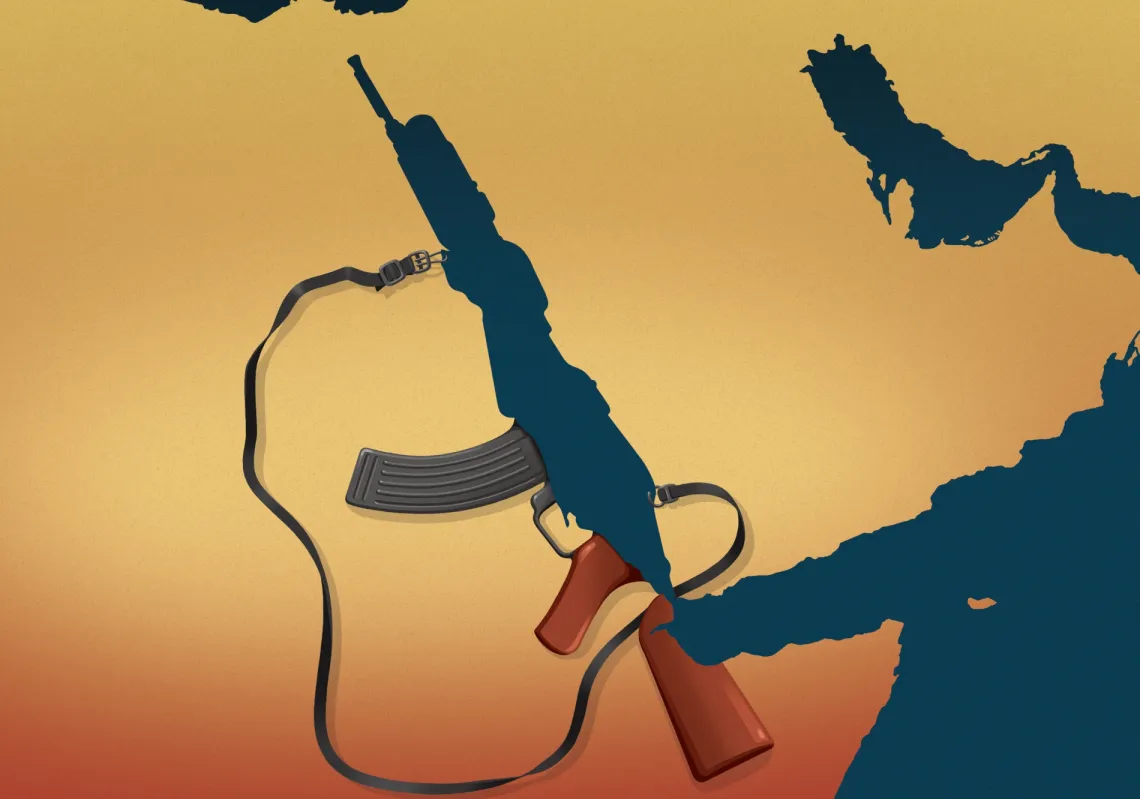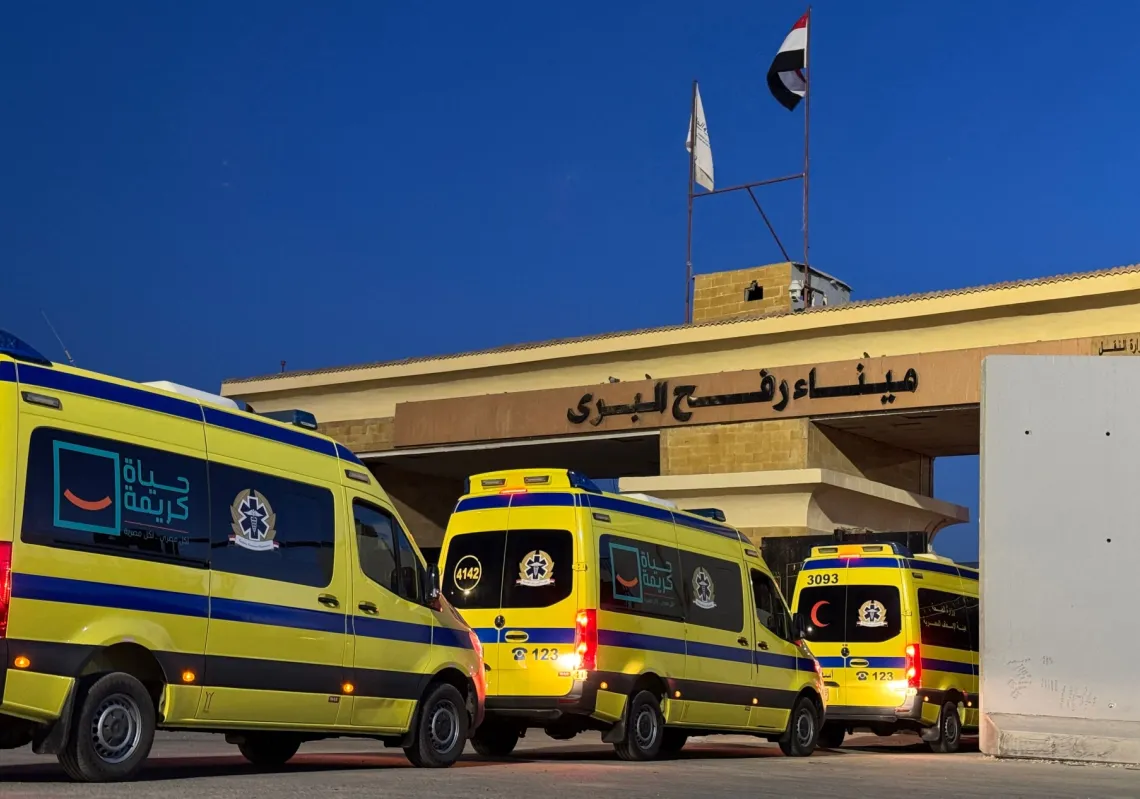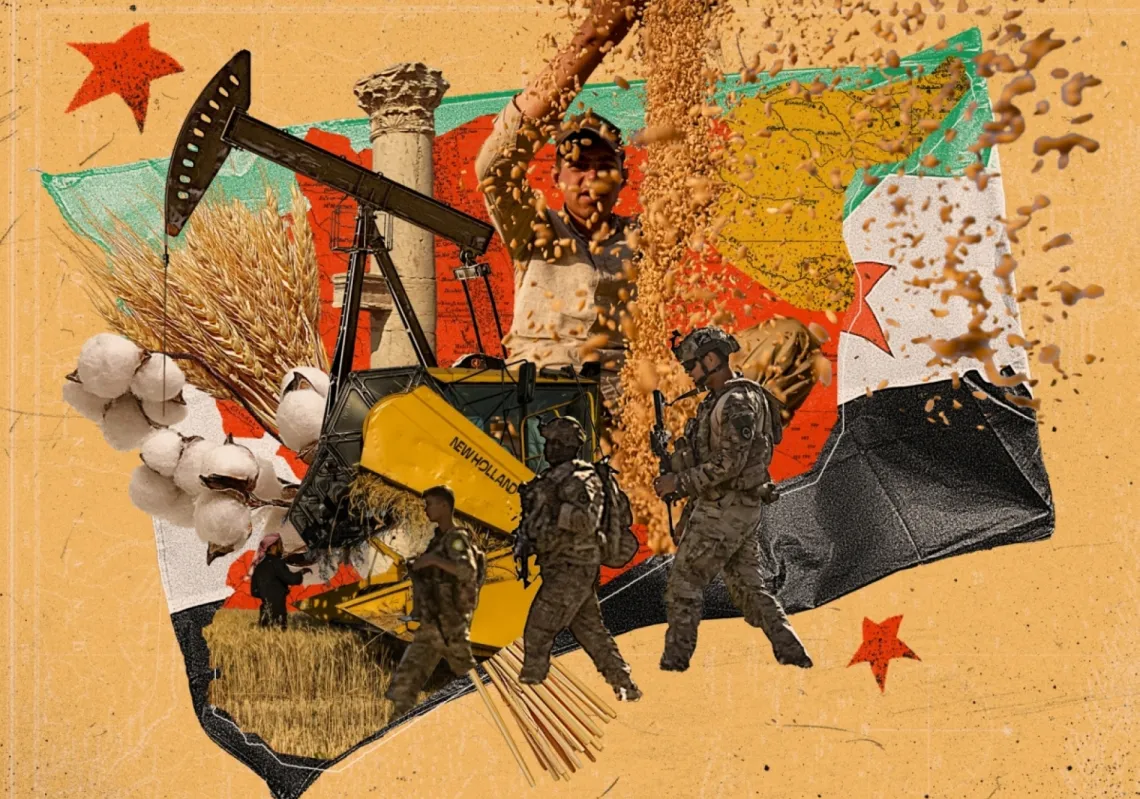
How will the spending needs and constraints stemming from the coronavirus and low oil prices affect the fiscal health of the GCC? What critical challenges will they face in the coming months? SL: I think low oil prices are making governments feel constrained and typically when oil prices fall, the government spending follows suit as was the case in 2015/16 when oil prices last slumped. And we have seen moves to reduce the fiscal deficit in Dubai, Oman and Saudi Arabia and these will work against the support measures aimed at combatting the economic impact of the coronavirus. However, most countries in the GCC have fiscal headroom to increase spending this year – in international comparison, while deficits are expected to be higher in the GCC, generally the GCC has lower debt levels and greater financial assets. JF: They’re going to have to address the critical issue of supporting the businesses that have taken a massive hit and putting some kind of safety net in place for those who have been out of work for months. With government revenue suffering from low oil prices it’s a perfect storm really. What options do these states have at their disposal to deal with these interrelated crises? SL: I think the GCC has set their course and policy will be focused on the recovery phase rather than preventing large scale job losses and bankruptcies. The focus will be then on supporting the recovery and trying to identify areas of the economy that will support the new economy and diversification. What do you believe will be the long term economic reaction from the coronavirus? Are you optimistic that as we emerge from this, it could be a chance to create a better economy? SL: The coronavirus will leave an indelible mark on the economy and exactly how depends partly on how the pandemic evolves from today onwards. For the GCC, there will be challenges and opportunities. For example, most GCC countries place emphasis on travel and tourism as part of diversification strategies but this sector will take a long time to recover. On the other hand, GCC countries have clear and ambitious visions and the financial clout and authority to accelerate moves into new sectors. However, authorities will also have to implement other reforms that enable the private sector to drive the development of new, modern sectors. JF: I think this crisis presents an opportunity, although it will be painful to implement. The Gulf states have long articulated a need to diversify their economies, expand local representation in the private sector, and reduce reliance on the government for jobs and benefits.

What are the longer-term implications for economic diversification efforts across the Gulf region, particularly Saudi Arabia’s Vision 2030? SL: I think Vision 2030 was already being reassessed prior to the crisis and this is likely to accelerate now with the Kingdom honing and refining priorities in order to cut costs and improve effectiveness of programs (particular to see a quicker return on investment in terms of jobs/growth). It will be hard to step back from Giga-projects such as NEOM but it is likely elements will be scaled back and development slowed. The overall targets of the Vision will probably remain in place though becoming increasingly difficult to attain given they were ambitious in the first place, and the headwinds now from coronavirus/lower oil prices and scaling back/slowdown in mega projects. We have also seen the government raising funds on debt markets as well as fiscal consolidation and this can be taken as maintaining availability of funds for the Vision. The Vision will be increasingly off budget and funded through PIF. JF: This will be a major issue for Gulf governments to address. The economic consequences of covid-19 on top of low oil prices will really strain their abilities to fund the economic diversification projects that are necessary to build sustainable post-oil economies. The short-term temptation – continue spending as the population has grown accustomed to, and hope prices go up again - has to be ignored if they’re going to make a new model that can transition beyond a rentier economy. In recent years China has emerged as the biggest economic partner for the GCC. How is Beijing's economic slowdown impacting the region? SL: At the moment, not that much directly as GCC is not really integrated with the Asia supply and the economic situation in the GCC is being driven by lockdowns to control the spread of the coronavirus. However, China beginning to recover will be helpful for the GCC in the second half of this year and it should help support oil prices. JF: GCC countries have done a tremendous amount of trade with China in recent years. The value of trade has increased from around $10 billion in 2000 to over $160 billion last year. China has become the most important GCC trade partner and the largest extra-regional source of FDI into MENA, so an economic slowdown there has to be a concern. That said, the fundamentals of China’s economy haven’t changed dramatically because of the pandemic, and there’s no reason to expect that there won’t be a return to deep economic cooperation once things return to some semblance of normal. China’s domestic economic requirements remain, and its Belt and Road Initiative will continue to drive a lot of its interests in the Middle East. China has also been very active in providing support to its partners in the MENA in battling covid-19 so I expect we’ll see those relationships continue to deepen in the coming years. There's one question everyone wants answered: when will the economy recover? SL: I think the low point is behind us but how we move forward is largely an epidemiological question – how long will COVID-19 linger? Will there be a second wave? How close are we to a vaccine? Etc. However, even with a relative optimistic outlook for the pandemic, it will be surprising if GDP in most countries return to pre-crisis levels before the second half of fiscal year 2021. And there are reasons to expect the recovery in the GCC will be slower: oil production quotas, fiscal tightening, dependence on COVID-19 vulnerable sectors such travel and tourism, and the likely ex pat exodus. JF: Soon, Insha’allah.








